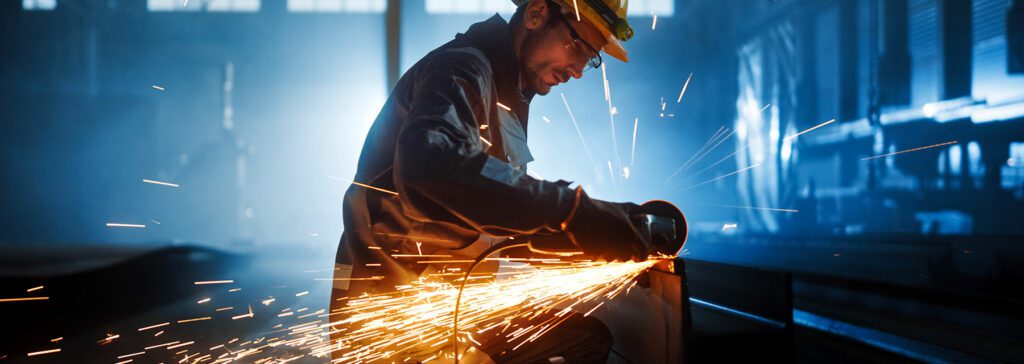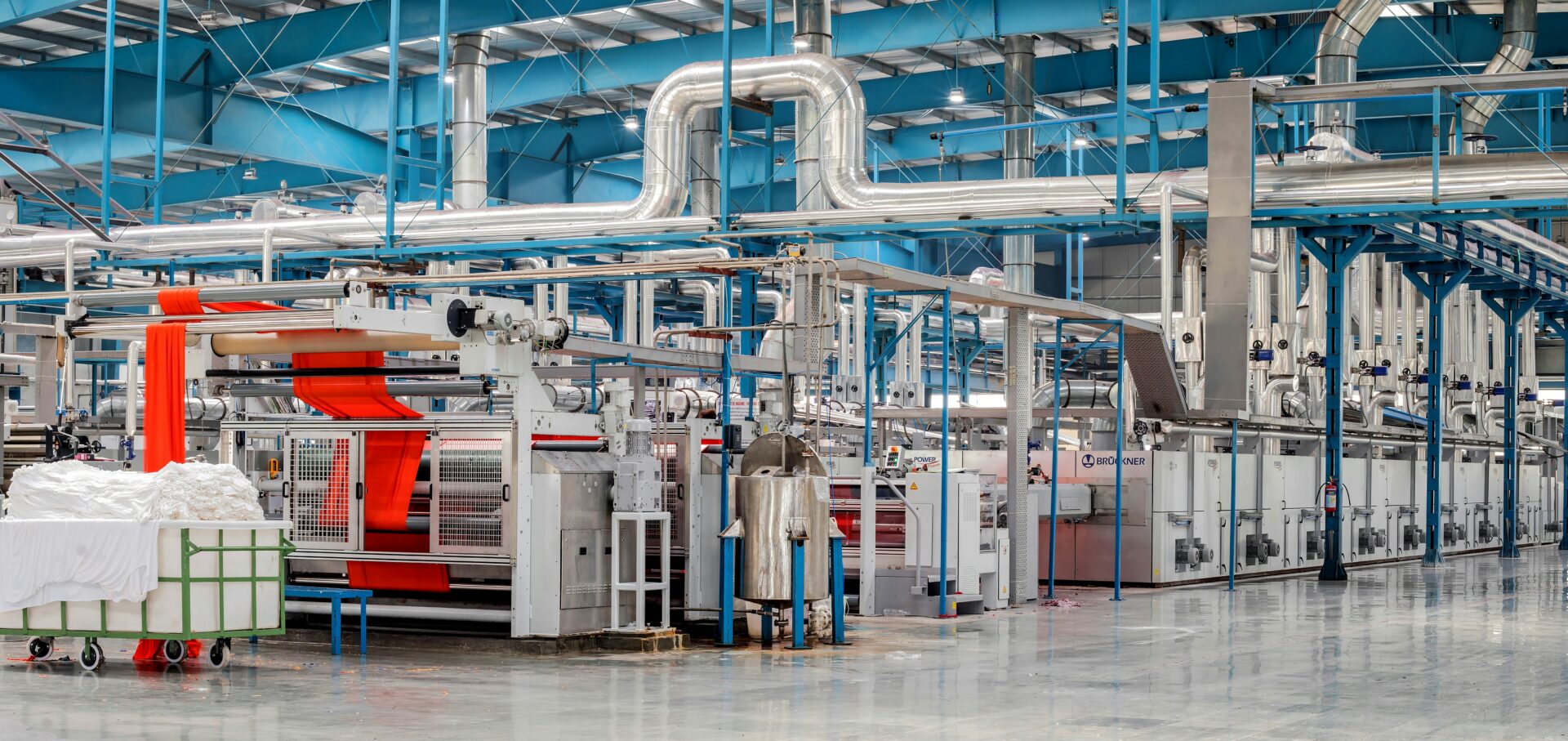Synthetic Biology: market drivers, challenges and R&D oppo...
Synthetic biology (or SynBio) is an exciting intersection of biology and engineering, which promi...

The Climate Change Levy (CCL) is an environmental tax that encourages businesses to reduce their energy consumption. This article provides guidance for eligible businesses who are looking to apply for exemption from the CCL through Energy Tax Relief.
CCL stands for Climate Change Levy, an environmental tax charged on energy used by businesses in the UK. According to the Environment Agency, the tax covers “electricity, gas, petroleum gas, coal, lignite, coke, semi-coke and petroleum coke (but not mineral oils) used as fuels by non-domestic energy users.”
Exemptions are available for businesses in the manufacturing and transport sectors, as well as large domestic users. Companies that fall into these categories can partially or fully exempt their energy supplies from CCL charges.
Exemptions are available for businesses in the manufacturing and transport sectors, as well as large domestic users. Companies that fall into these categories can partially or fully exempt their energy supplies from CCL charges.
The Climate Change Levy on energy was created in the UK in April 2001, following the UK Government’s Finance Act 2000. The levy was seen as a way of helping reduce greenhouse gas emissions and combat climate change. It encourages businesses to reduce energy consumption so that they can operate in a more efficient and environmentally friendly way. The tax was originally used to fund green initiatives, but since 2010 no longer directly funds initiatives to mitigate climate change.
The UK Government lists several exemptions from the costs of the Climate Change Levy (CCL). The key exemptions include:
Generally, these exemptions apply to a wide range of manufacturing and transport industries (see below for more information).
Examples of processes that qualify for mineralogical exemption include the manufacturing of:
Examples of processes that qualify for metallurgical exemption include:
Supplies used in some forms of transport are exempt from the main rate of CCL, if they are used to:
Climate change agreements (CCAs) are voluntary agreements between eligible UK businesses in energy-intensive industries and the Environment Agency.
Businesses with CCAs receive financial relief on the Climate Change Levy, as long as they achieve energy and carbon efficiency targets.
The UK recently extended the CCA scheme, announcing that the scheme will be available until March 2025.
No decisions have yet been made on any future CCA scheme, however the UK Government is assessing the possibility of a long-term scheme following the recent extension.
The UK Government also lists several excluded supplies from the costs of the Climate Change Levy (CCL). The exclusions include:
From 1 April 2022, the Climate Change Levy was 0.775p per kWh for electricity and 0.568p per kWh for gas. From 1 April 2023, the levy on electricity will remain the same, while the levy on gas will increase to 0.672p per kWh.
Previously, sectors with an umbrella agreement could receive an exemption from these taxes by signing a Climate Change Agreement (CCA), getting a percentage of their costs in tax relief.
Businesses with a CCA can receive:
Our Energy Team has a wealth of experience in successfully helping eligible businesses receive the Energy Tax Reliefs that they’re entitled to.
We offer an end-to-end consultation service: we’ll put together your entire claim, handle all the administration and submit your completed application to the government.
Get in touch, and we’ll give you an estimate of your energy tax savings.
Explore our latest insights

Synthetic biology (or SynBio) is an exciting intersection of biology and engineering, which promi...

Even in the best of circumstances, we know that it can be challenging to balance a successful car...

Small and Medium-sized enterprises (SMEs)are the lifeblood of innovation in the UK. We’ve dived i...

Full expensing is a first-year allowance that allows businesses to reduce their tax liability and...